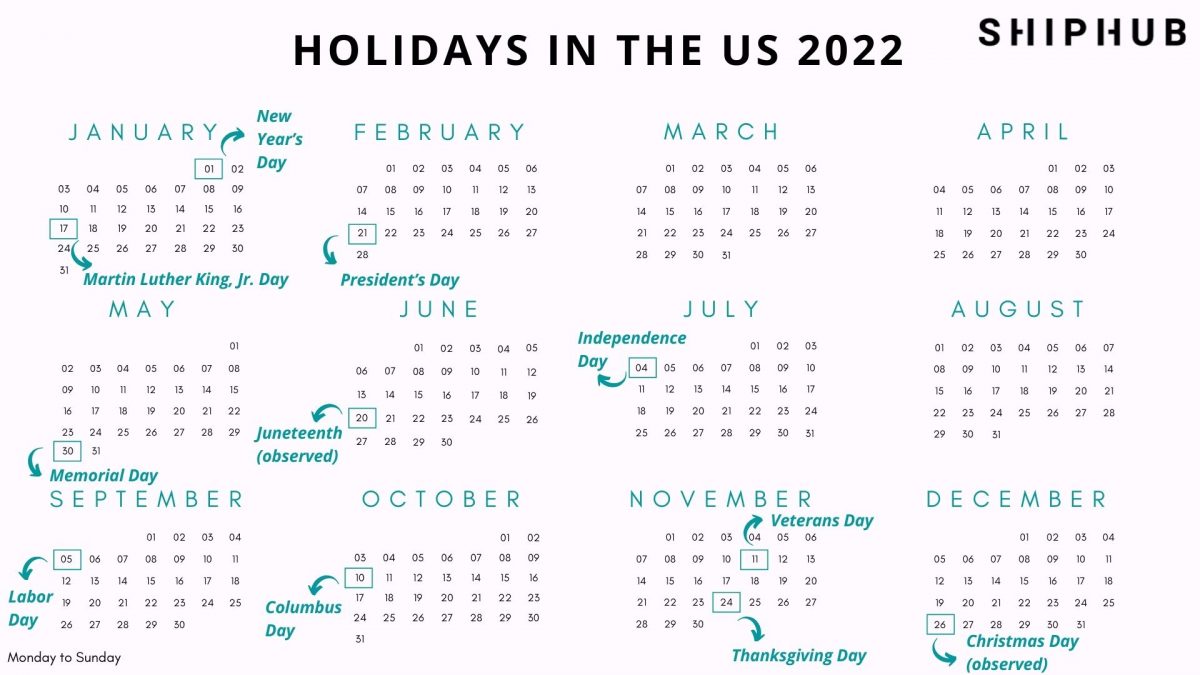
Christmas Day is one of the most widely observed holidays in the United States, and it's also a federal holiday. This special day is celebrated on December 25th of every year, commemorating the birth of Jesus Christ and observed by Christians around the world. In this article, we'll delve into the history of Christmas, its significance, and how it's celebrated in the United States.
History of Christmas
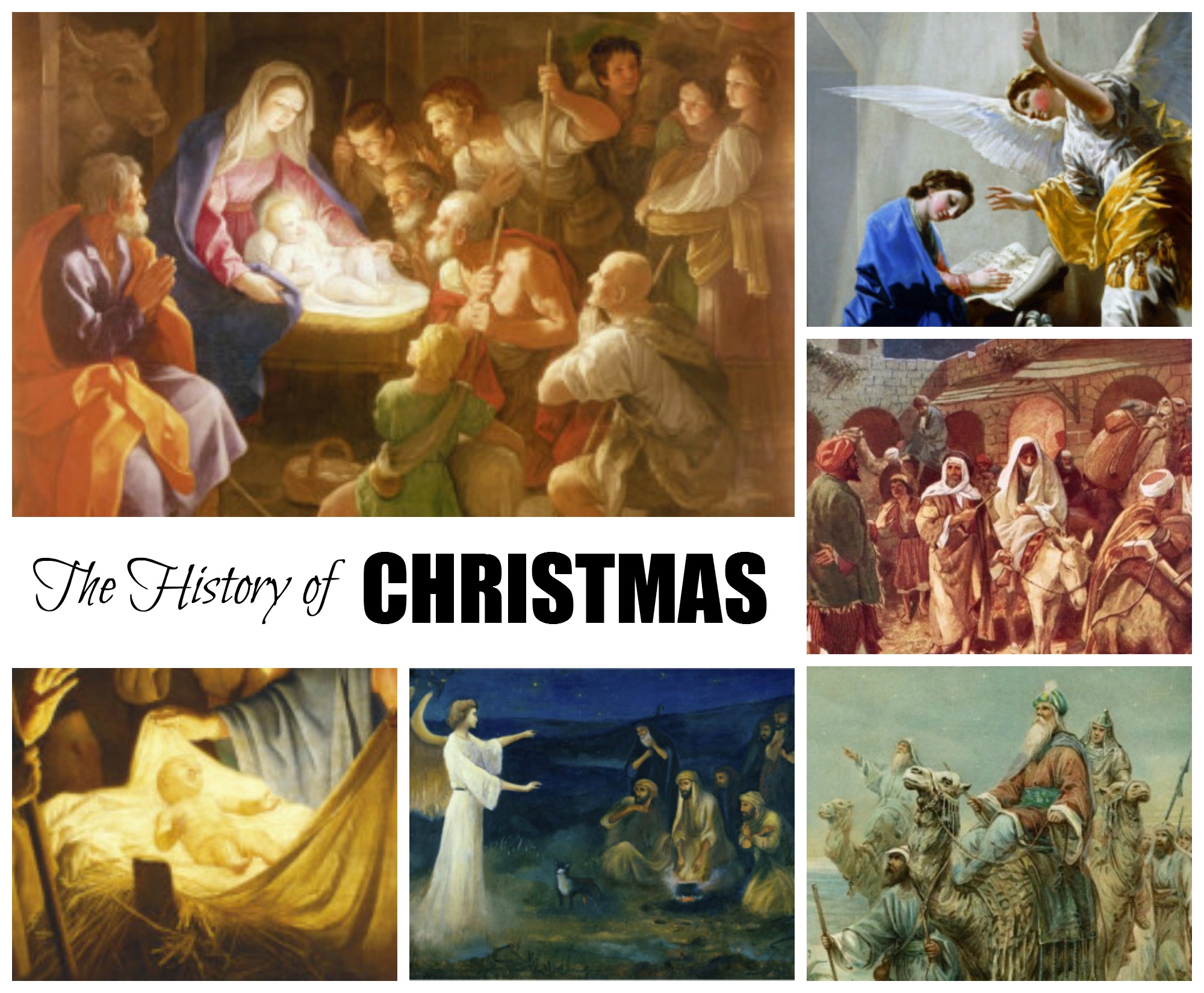
Christmas has a rich history that dates back to ancient times. The early history of Christmas is not well documented, but it's believed that the holiday has its roots in ancient pagan festivals that celebrated the winter solstice. The winter solstice, which typically falls on December 21 or 22 in the Northern Hemisphere, marks the shortest day of the year and the beginning of the lengthening of days.
Early Christians celebrated the Epiphany, which commemorated the visit of the Magi to the baby Jesus, on January 6th. However, in the 4th century, Pope Julius I chose December 25th as the date to commemorate the birth of Jesus Christ, likely to co-opt the existing Roman festival of Saturnalia and the Germanic festival of Yule.
How Christmas Became a Federal Holiday
Christmas was first declared a federal holiday in the United States in 1870, when Congress passed a law making December 25th a national day of celebration. However, it wasn't until 1938 that Christmas became a paid federal holiday for all federal employees.
The law was signed by President Franklin D. Roosevelt on June 28, 1938, and it declared that all federal employees would receive a paid day off on December 25th. The law also required that all federal agencies and institutions be closed on Christmas Day.
Celebrating Christmas in the United States
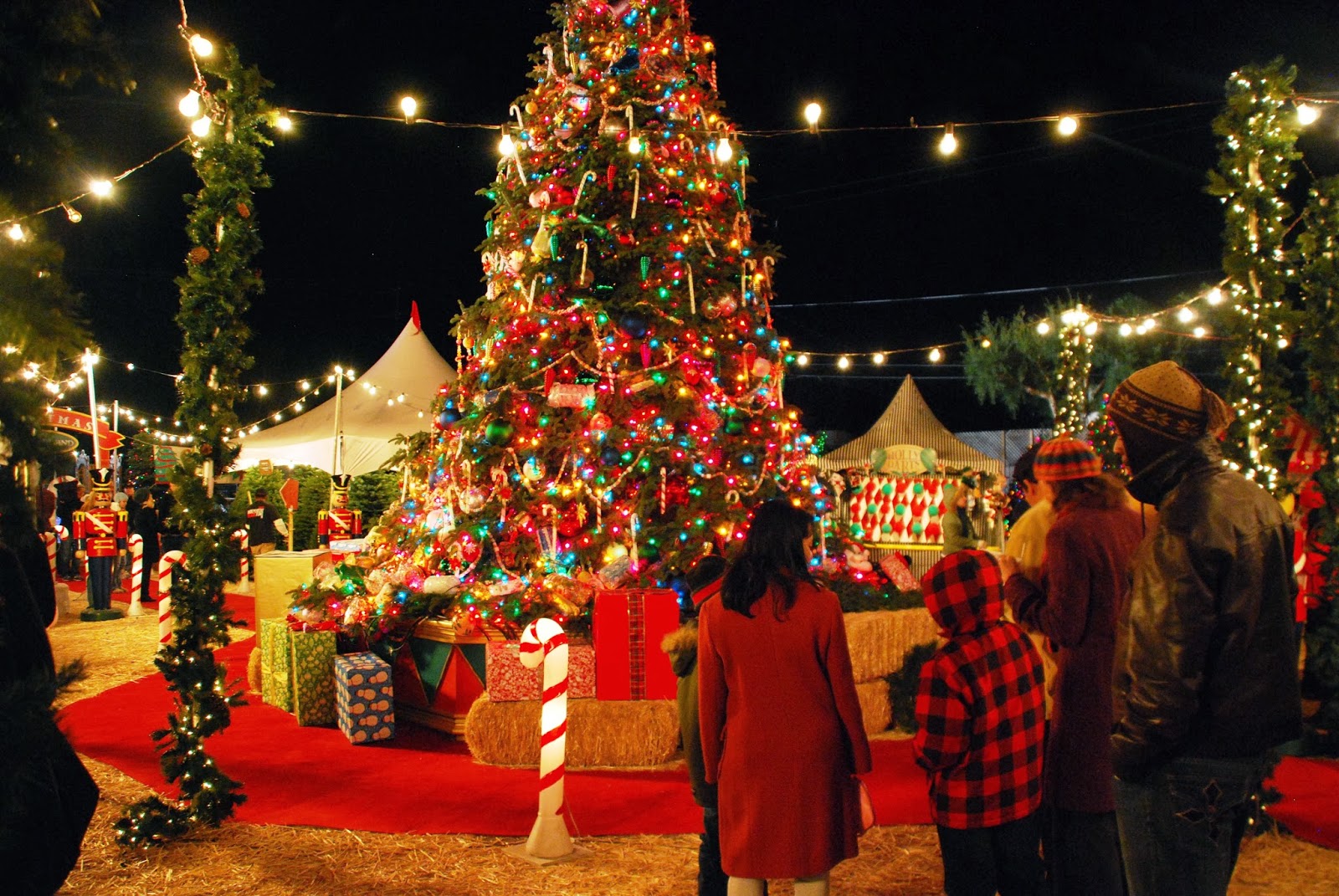
Christmas is a joyous and festive holiday in the United States, with many traditions and customs that are unique to American culture. Here are a few ways that Americans typically celebrate Christmas:
- Decorating Homes and Yards: Americans love to decorate their homes and yards with lights, wreaths, and Christmas trees.
- Gift-Giving: Exchanging gifts is a big part of the Christmas tradition in the United States. Children often write letters to Santa Claus, and families exchange gifts on Christmas morning.
- Cooking Special Meals: Christmas is a time for special meals and treats, such as turkey, ham, and sugar cookies.
- Singing Carols: Christmas carols are a beloved part of the holiday season, with classics like "Jingle Bells" and "Silent Night" being sung by people of all ages.
- Attending Church Services: For many Americans, Christmas is a time to attend special church services and ceremonies.
Christmas Traditions Around the World
While Christmas is celebrated in many different ways around the world, there are some common traditions and customs that are shared across cultures. Here are a few examples:
- La Noche de Rabanos (Night of the Radishes) in Mexico: This tradition involves carving and decorating radishes to create nativity scenes.
- Krampusnacht in Austria and Germany: This tradition involves dressing up as the half-goat, half-demon creature Krampus and scaring naughty children.
- La Befana in Italy: This tradition involves leaving gifts and sweets for children on January 6th, the Epiphany.
Christmas Day 2022: What to Expect
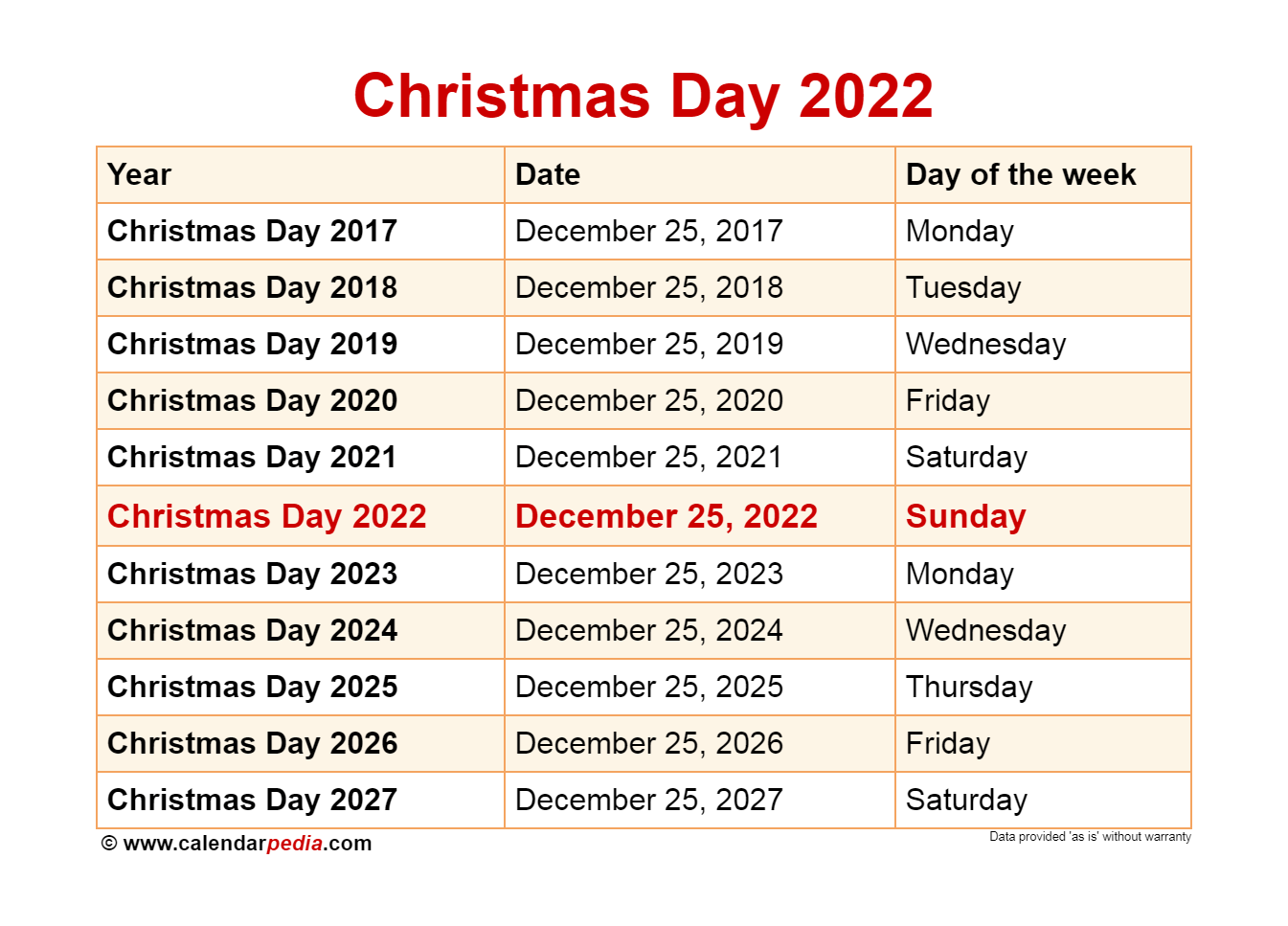
Christmas Day 2022 falls on a Sunday, and it's expected to be a busy day for many Americans. Here are a few things you can expect:
- Store Closures: Most retail stores will be closed on Christmas Day, although some pharmacies and convenience stores may remain open.
- Postal Service Closures: The United States Postal Service will be closed on Christmas Day, although some locations may offer limited hours.
- Travel Delays: Christmas is a popular time to travel, and you can expect delays at airports and on highways.
- Special Events: Many cities and towns will host special events and festivities on Christmas Day, such as parades and fireworks displays.
Tips for a Stress-Free Christmas
With all the hustle and bustle of the holiday season, it's easy to get stressed out. Here are a few tips for a stress-free Christmas:
- Plan Ahead: Make a list and check it twice to ensure you have everything you need for the holiday.
- Set Boundaries: Don't be afraid to say no to invitations or requests that feel overwhelming.
- Take Time for Yourself: Make time for self-care and relaxation during the holiday season.
- Focus on What Matters: Remember what the holiday season is all about: spending time with loved ones and enjoying the magic of the season.
Conclusion
Christmas Day is a special time of year that's celebrated by people all around the world. Whether you're a Christian or not, the holiday season is a time for joy, giving, and celebration. By understanding the history and traditions of Christmas, you can appreciate the true meaning of the holiday and make the most of your celebration.
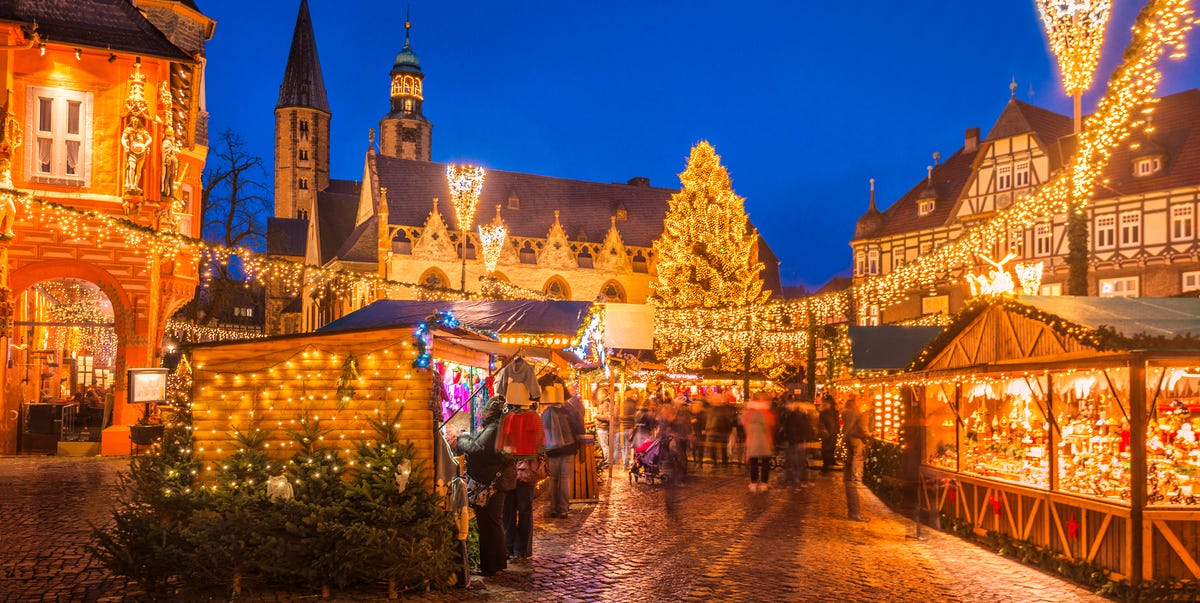



What is the history of Christmas?
+Christmas has a rich history that dates back to ancient times. The early history of Christmas is not well documented, but it's believed that the holiday has its roots in ancient pagan festivals that celebrated the winter solstice.
How did Christmas become a federal holiday?
+Christmas was first declared a federal holiday in the United States in 1870, when Congress passed a law making December 25th a national day of celebration.
What are some popular Christmas traditions in the United States?
+Some popular Christmas traditions in the United States include decorating homes and yards, exchanging gifts, cooking special meals, singing carols, and attending church services.